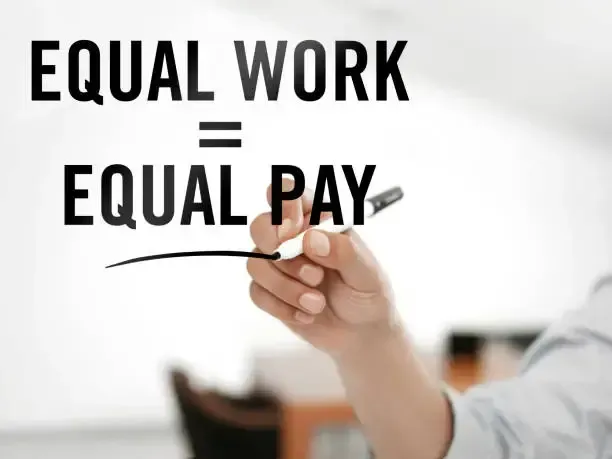AI in Hiring: Navigating Bias and Discrimination Under Colorado Law
Balancing Innovation and Compliance: How Colorado Employers Can Use AI in Hiring Without Violating Anti-Discrimination and Privacy Laws

The rise of artificial intelligence (AI) in recruitment has transformed how employers screen resumes, conduct interviews, and predict candidate success. While AI can streamline hiring, it also brings new legal challenges—especially when it comes to bias, data privacy, and anti-discrimination compliance. In Colorado, employers must tread carefully to ensure their HR tech practices comply with both state and federal employment laws.
The Growing Role of AI in Recruitment
AI-driven tools are now used for:
- Automated resume screening
- Predictive candidate scoring
- Video interview analysis
- Chatbot-based initial interviews
According to a 2025 Society for Human Resource Management (SHRM) survey, over 40% of U.S. companies now use AI in at least one stage of hiring. While this technology promises efficiency, it also introduces algorithmic bias risks if not implemented with proper safeguards.
Understanding Algorithmic Bias in Hiring
Algorithmic bias occurs when AI systems inadvertently favor or disadvantage certain candidates based on protected characteristics—such as race, gender, age, or disability—due to the data sets they are trained on. Even without intentional discrimination, these tools can create a “disparate impact” under:
- Title VII of the Civil Rights Act
- Colorado Anti-Discrimination Act (CADA)
For example, if an AI resume filter disproportionately eliminates candidates from certain demographic groups, the employer may be liable—even if they relied on a third-party vendor.
Colorado’s Approach to AI and Employment Law
Colorado is among the states taking proactive steps to regulate AI in the workplace. The Colorado Artificial Intelligence Act (effective 2026) will impose transparency and bias testing requirements on employers using high-risk AI systems in hiring.
Until then, employers should still ensure compliance with existing laws, including:
- Colorado Anti-Discrimination Act (CADA) – Prohibits employment discrimination based on protected categories.
- Equal Pay for Equal Work Act – Requires fair compensation practices that may intersect with AI-based pay decisions.
- Colorado Privacy Act – Protects candidate data, including information collected via AI systems.
Data Privacy and Candidate Rights
When using AI in hiring, data collection must comply with the Colorado Privacy Act (CPA). Employers should:
- Disclose that AI is being used in the hiring process.
- Limit collection to job-relevant data.
- Secure candidate data against breaches.
- Provide candidates the right to access, correct, or delete their data.
Failure to protect candidate data can lead to significant penalties under Colorado law.
How to Mitigate Legal Risks
Employers in Colorado can reduce AI-related hiring risks by:
- Auditing AI systems regularly for potential bias.
- Requesting vendor compliance documentation.
- Providing human review for AI-driven hiring decisions.
- Maintaining transparent policies and EEOC-compliant selection criteria.
- Offering applicants a non-AI alternative in the screening process.
The EEOC’s 2023 Technical Guidance on AI in employment stresses that the employer—not the software vendor—remains responsible for ensuring compliance.
The Future of AI in Hiring in Colorado
As regulations evolve, Colorado employers will face increased oversight on the use of AI in recruitment. Businesses that adopt responsible AI hiring practices now will be better prepared to avoid lawsuits, maintain fair hiring standards, and protect their reputation.
Final Takeaway for Employers
If you’re considering AI for your hiring process, treat it like any other employment decision-making tool—with compliance, fairness, and privacy at the forefront. The right legal guidance can help ensure your recruitment process stays innovative and compliant.
For personalized advice, contact Mitchiner Law LLC—your trusted Colorado employment law firm.











